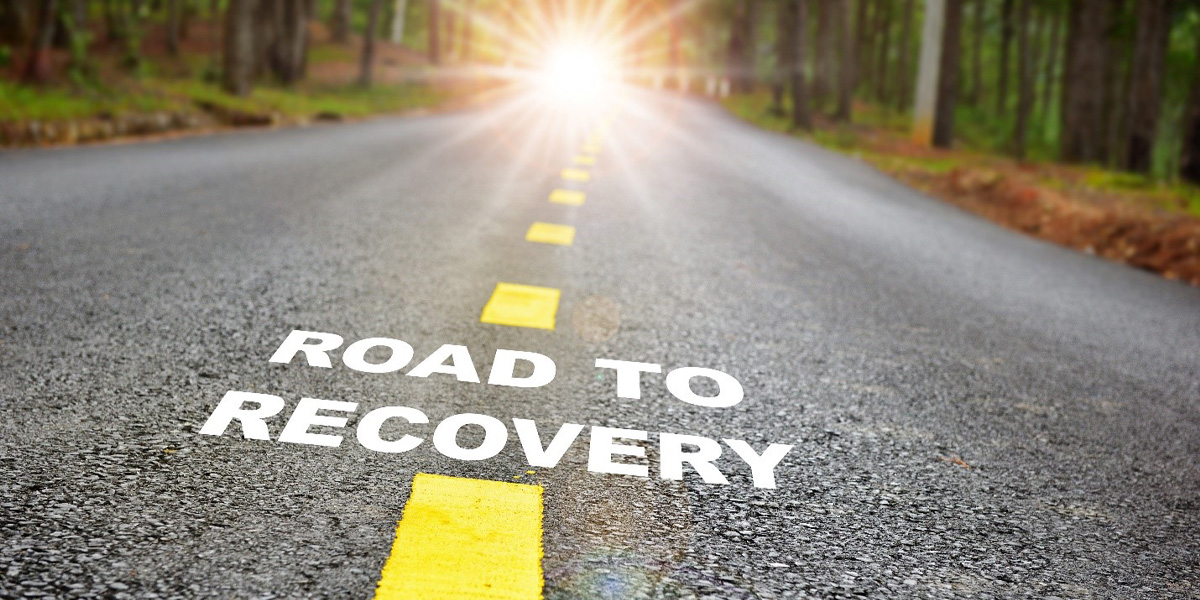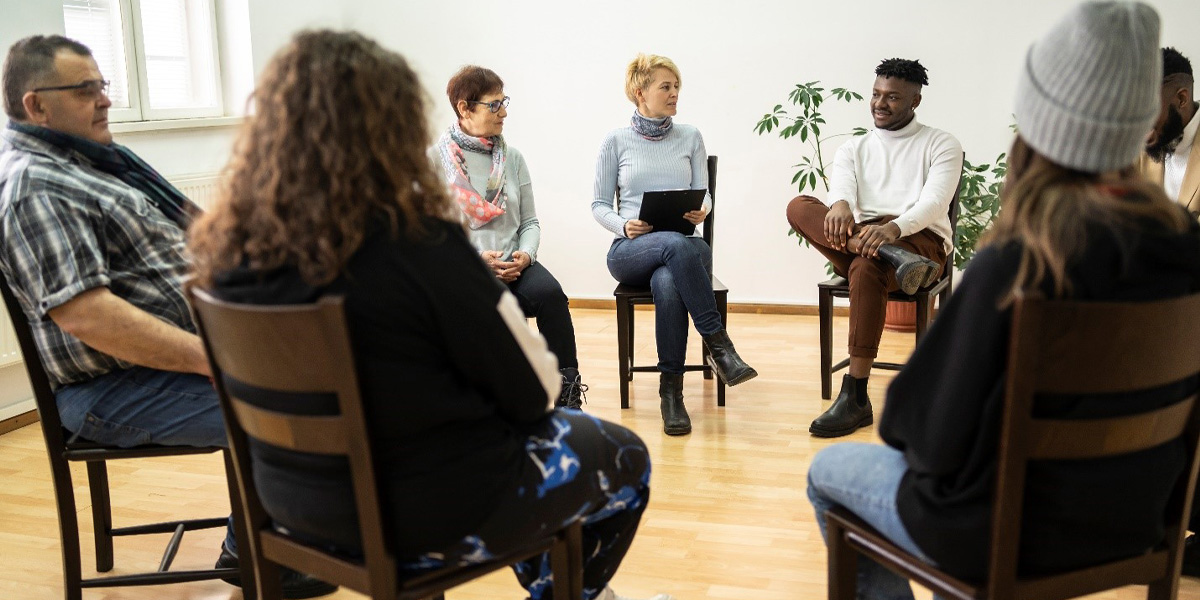
Held every September, National Recovery Month is dedicated to educating individuals about treatment for substance abuse and mental health illness, and celebrating the progress made by brave individuals in recovery. Take a look at some key information about recovery to better understand the importance and relevance of treatment, and learn how you can help yourself or others in need.
Identifying Addiction
One of the most important steps to a successful road to recovery is first understanding the problem. Often times, spotting an addiction may be more difficult than it seems. People suffering from addiction or mental illness often hesitate to inform their friends or family of their struggle for fear of being judged. This is why it’s imperative to recognize the signs of addiction.
The American Society of Addiction Medicine defines addiction as a chronic disease that affects the brain’s reward, motivation, and memory functions. Although sometimes difficult to identify, signs of addiction are frequently linked together. Some of the general signs of addiction are:
- Lack of control
- Decreased socialization
- Ignoring risk factors
- Physical effects
What is Recovery?
Whether you or somebody you know has suffered from addiction or mental illness, the effects are detrimental to all aspects of one’s overall health. After identifying the source, the next step toward a healthier life is recovery. According to mentalhealth.gov, recovery from mental disorders and/or substance abuse disorder is a process or change through which individuals:
- Improve their health and wellness
- Live a self-directed life
- Strive to achieve their potential
When someone says they’re in recovery, it usually means they’re receiving care for their addiction or illness. It’s important to remember that the recovery process looks different for everybody. For some, recovery lasts a shorter period of time while others can stay in recovery for rest of their lives.

Four Dimensions of Recovery
Although there’s no perfect recipe for an individual on a path to recovery, let’s consider these four major dimensions to support a life in recovery:
- Health: Make informed, healthy choices that support physical and emotional well-being.
- Home: Have a stable and safe place to live.
- Purpose: Engage in meaningful daily activities, such as a job or school, volunteering, caring for your family, or being creative. Work for independence, income, and resources to participate in society.
- Community: Build relationships and social networks that provide support.
Creating a Recovery Plan
Knowing that recovery is an active pursuit, having a plan will help tremendously with the process. One of the most important parts of a recovery plan is having goals for attaining wellness. In order to reach these goals, you must first specify what you can do to reach these goals. Recovery isn’t an overnight process so including daily activities as well as long-term goals is essential. It’s also essential to monitor and track any changes in your mental or physical health along the way. Having a better understanding of any triggers or stressful occurrences, and being able to positively cope with these events will assist in preventing setbacks, will allow room for growth. Remember, you cannot always control what happens to you, but you can control how you react.
Seeking Assistance
Support and assistance are often key factors that keep your journey to recovery on a positive path. Battling addiction and mental illness is an ongoing process and is difficult when done alone. A strong, supportive network of friends, family, and professionals are invaluable.
If you or somebody you know is struggling with substance abuse or mental health, here are several resources that may assist in the recovery process:
Indiana Mental Health and Addiction Hotline: 1-800-662-HELP (4357)
Indiana Mental Health and Addiction Live Chat


